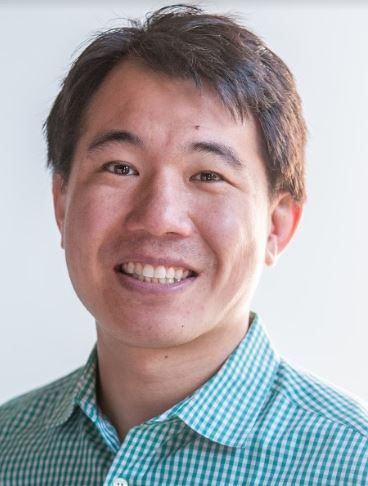PCCN Progressive Care Certified Nursing
Maintained and Updated as of 2026
Select how would you like to study
The PCCN® is a specialty certification for nurses who provide direct care to acutely ill adult patients regardless of their physical location. Nurses interested in this certification may work in areas such as intermediate care, direct observation, stepdown, telemetry, transitional care, or emergency departments.
In order to sit for the PCCN certification, a current, unencumbered U.S. RN or APRN license is required. An unencumbered license is not currently being subjected to formal discipline by the board of nursing in the state(s) in which the nurse is practicing and has no provisions or conditions that limit the nurse’s practice. Provisions or conditions may include but are not limited to, direct supervision of practice, drug administration limitations, and/or practice area exclusions.
PCCN topical areas include:
Clinical Judgment: Clinical reasoning, includes clinical decision making, critical thinking, and a global grasp of the situation, coupled with nursing skills acquired through a process of integrating education, experiential knowledge, and evidence-based guidelines.
Advocacy/ Moral Agency: Working on another’s behalf and representing the concerns of the patient/family and nursing staff; serving as a moral agent in identifying and helping to resolve ethical and clinical concerns within and outside the clinical setting.
Caring Practices: Nursing activities create a compassionate, supportive and therapeutic environment for patients and staff, with the aim of promoting comfort and healing and preventing unnecessary suffering. These caring behaviors include but are not limited to vigilance, engagement, and responsiveness of caregivers. Caregivers include family and healthcare personnel. Collaboration Working with others (e.g., patients, families, healthcare providers) in a way that promotes/encourages each person’s contributions toward achieving optimal/realistic patient/family goals. Collaboration involves intra- and inter-disciplinary work with colleagues and the community.
Systems Thinking: Body of knowledge and tools that allow the nurse to manage whatever environmental and system resources that exist for the patient/family and staff, within or across healthcare systems and non-healthcare systems.
Response to Diversity: The sensitivity to recognize, appreciate and incorporate differences into the provision of care. Differences may include but are not limited to, individuality, cultural, spiritual, gender, race, ethnicity, lifestyle, socioeconomic, age, and values.
Facilitation of Learning: The ability to facilitate learning for patients/families, nursing staff, other members of the healthcare team, and the community. Includes both formal and informal facilitation of learning.
Clinical Inquiry: The ongoing process of questioning and evaluating practice and providing informed practice. Creating changes through evidence-based practice, research utilization, and experiential knowledge.
FAQs
-
There are 125 questions (100 scored, 25 unscored) on the PCCN exam divided across the following two categories: Clinical Judgment (80%) and Professional Caring and Ethical Practice (20%).
-
The PCCN exam is 2 hours and 30 minutes long.
-
The passing score for the PCCN exam is determined by a committee of subject matter experts using the modified Angoff standard setting process.
-
Earning a passing score on the PCCN exam grants the test taker PCCN certification.
Access all 257 questions
$4.99
Buy for the Web- 257 questions
- Study anywhere on any device with a web connection
- No ads
- Access to the full question set
- Test mode with stored results
- 100% money back guarantee if not satisfied
Top exams on PracticeQuiz
-
2085 subscribers
-
1820 subscribers
-
1756 subscribers
-
1504 subscribers
-
1173 subscribers
Author

Ted Chan
Managing Editor
Ted Chan is the Managing Editor of PracticeQuiz.com. Ted has experience as a journalist and a writer, including editorial or content production roles at ESPN, Better Business Bureau, The Boston Globe, and Forbes. Ted holds a BA from Swarthmore College with High Honors, and a MBA from the MIT Sloan School of Management. Ted also studied at the Harvard Business School, earning a Certificate in Value-based Health Care Delivery.
All content, unless otherwise noted, was created for PracticeQuiz. Let an editor now if you have suggested content edits by emailing us at the support address in the header, or by commenting in the Contribute box above.